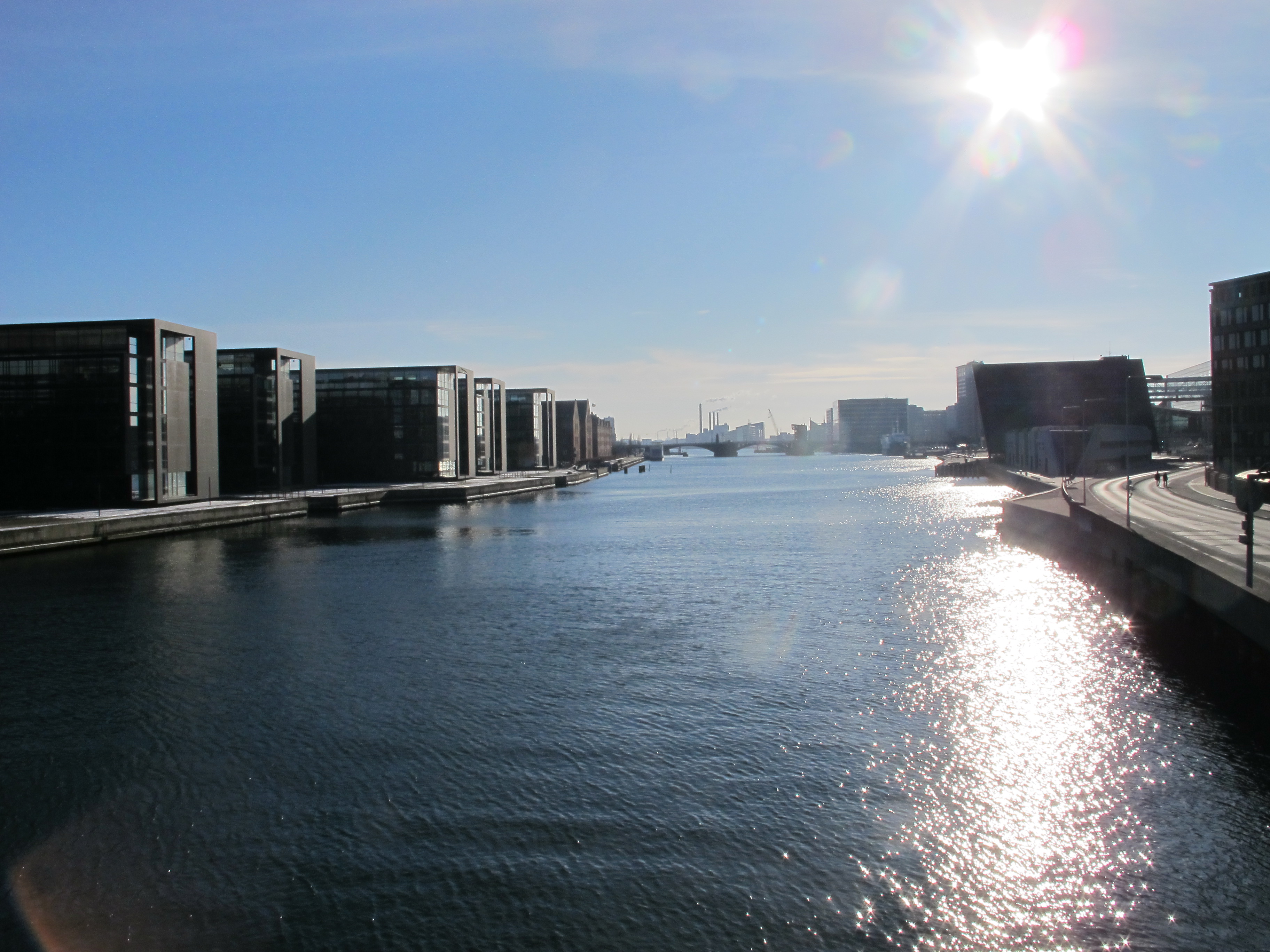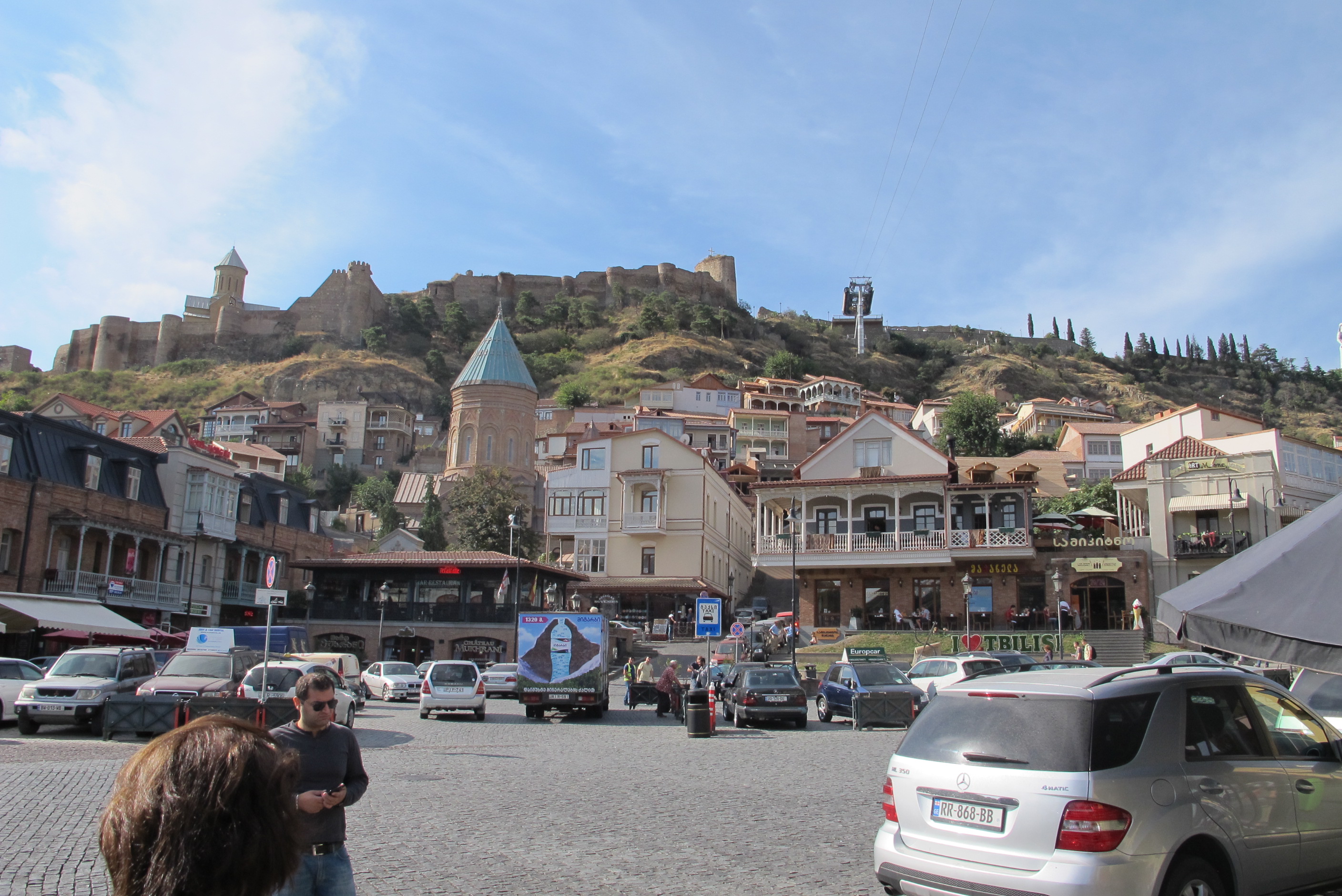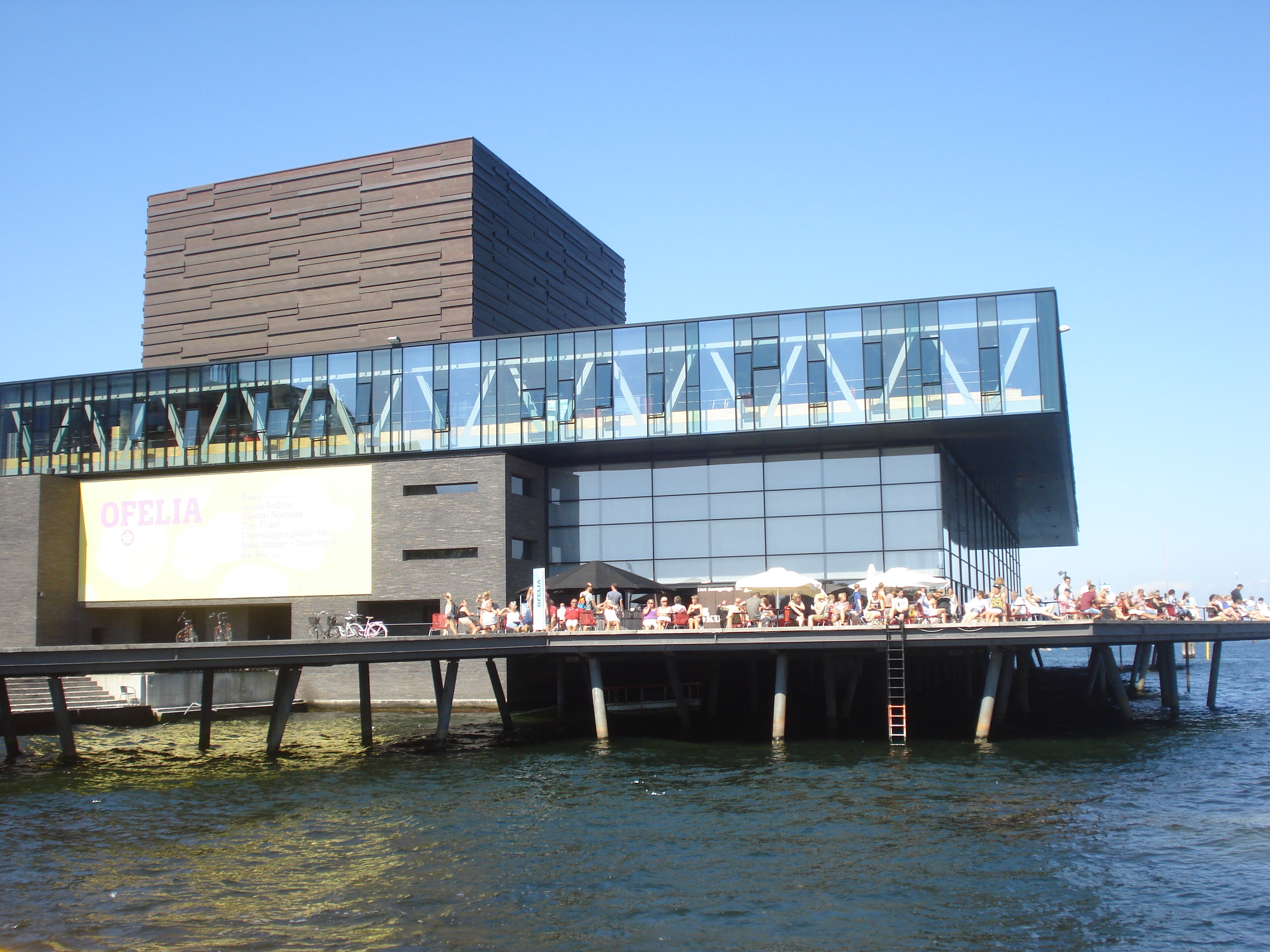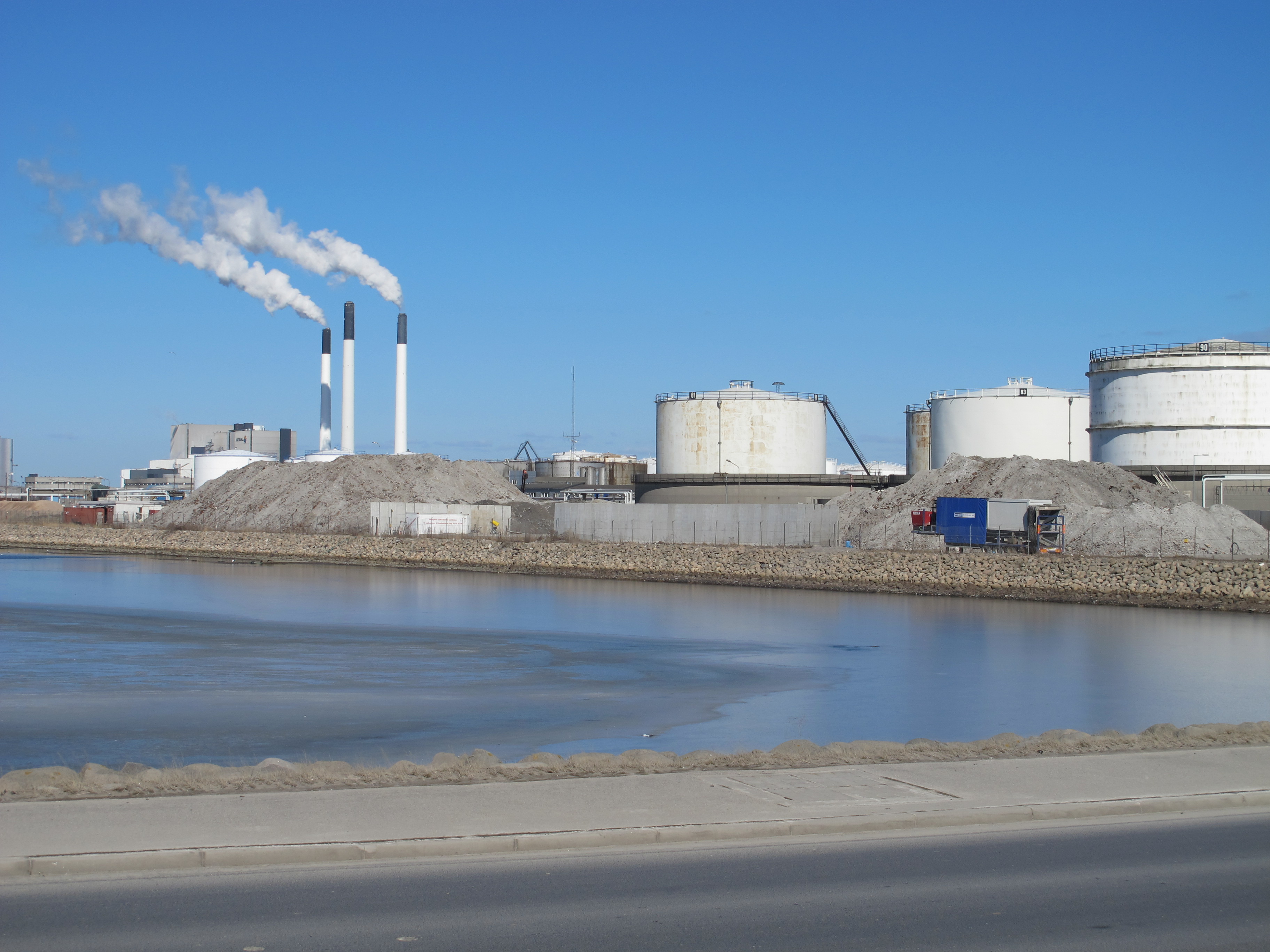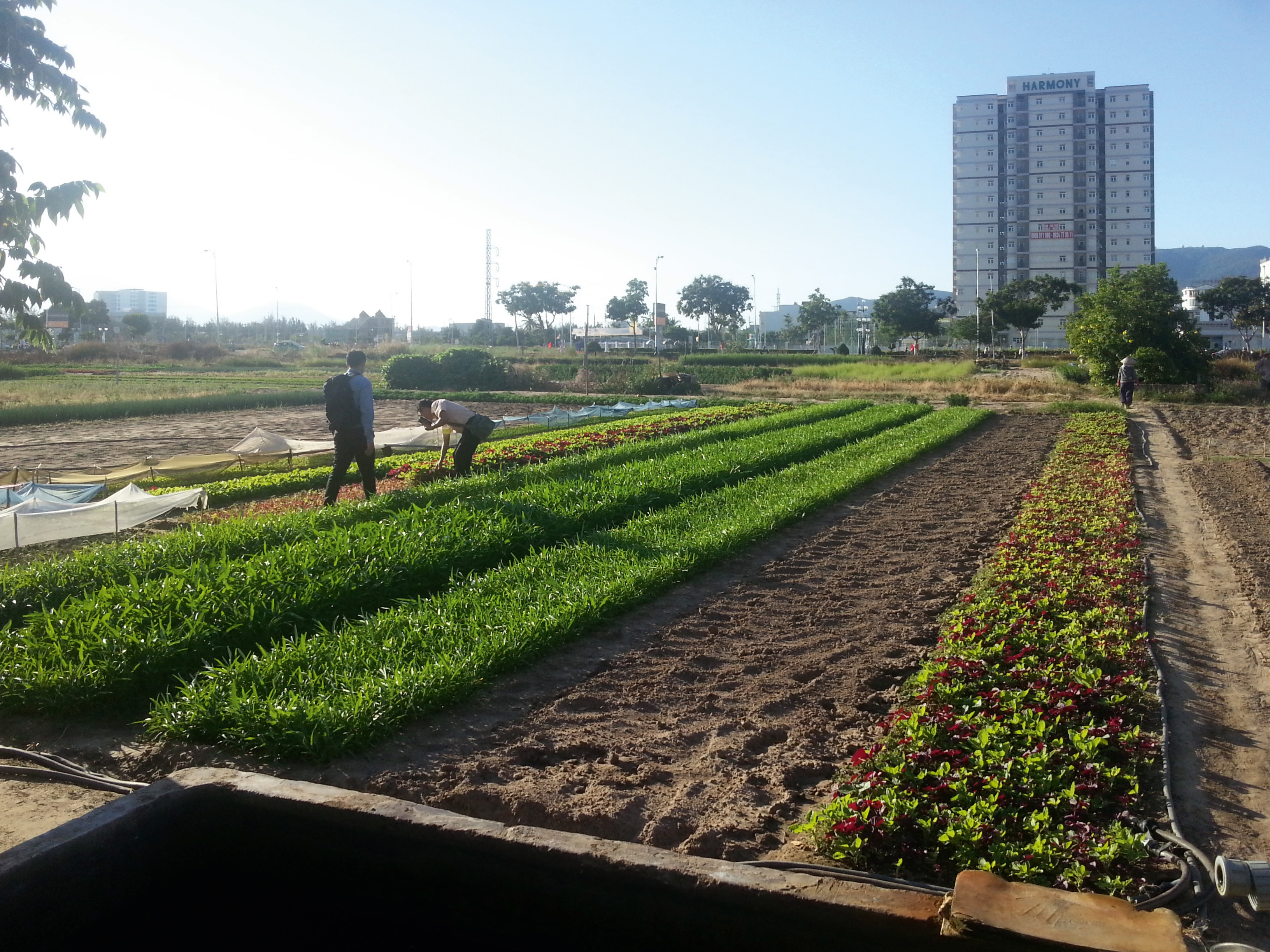Morgenstadt Initiative – Shaping the cities' future
To navigate the big challenges of the next decades, city systems must be innovative, flexible, liveable, and sustainable.
Future cities will produce net-zero emissions and waste, enable a maximum quality of life for all its inhabitants, optimize resiliency, and enable prosperity and progress through sustainable innovations. The "City of the future" is the vision of a sustainable, livable and viable city and its suburban surroundings. The challenge lies not in optimizing individual technologies, but in bringing them together over the long term to form a holistic system in the sustainable city of the future.
With their broad-based, well-networked research competencies, the Fraunhofer Institutes are ideally placed to fulfill this task. The future project pursues concrete goals of scientific and technological developments.
The innovation network "Morgenstadt " supports cities, companies and political institutions.
Morgenstadt Research Fields
- Energy
- Buildings
- Production and logistics
- Mobility and transport
- Information and communication
- Urban processes and organization
- Security
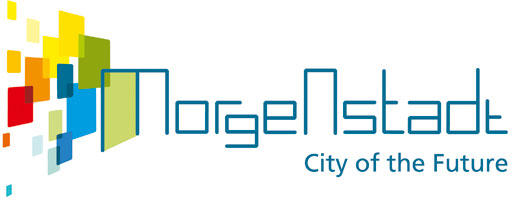
 Fraunhofer Institute for Interfacial Engineering and Biotechnology IGB
Fraunhofer Institute for Interfacial Engineering and Biotechnology IGB